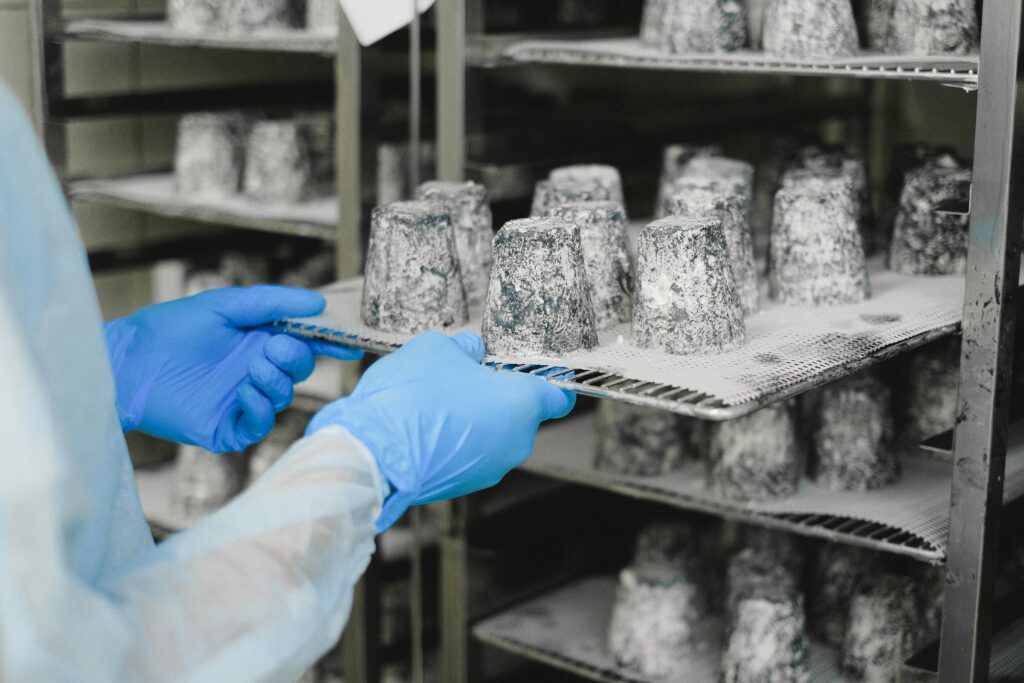
In recent years, the push towards digitalization has permeated virtually every industry. One of the sectors experiencing profound transformation is hygienic manufacturing, particularly in sanitary production within harsh environments. The integration of digital technologies is revolutionizing how manufacturers maintain stringent hygiene standards, improve efficiency, and ensure product quality under challenging conditions. This article explores the reasons behind this digital shift and its impact on the industry.
Enhanced Monitoring and Control
Digitalization provides unparalleled monitoring and control capabilities, crucial for maintaining hygiene in manufacturing processes. In sanitary production, especially in harsh environments, traditional monitoring methods often fall short due to their limited accuracy and responsiveness. Digital sensors and IoT devices can continuously monitor critical parameters such as temperature, humidity, and contamination levels, providing real-time data to ensure optimal conditions are maintained.
Improved Traceability and Transparency
One of the significant benefits of digitalization is the enhanced traceability it offers. In hygienic manufacturing, knowing the history and movement of every product batch is essential for ensuring safety and compliance. Digital systems enable precise tracking of raw materials, production processes, and final products. This level of transparency is vital for quickly identifying and addressing any issues that may arise, thereby preventing contamination and ensuring product safety.
Automation and Efficiency
Automation is a cornerstone of digitalization, bringing about substantial efficiency improvements in sanitary production. Automated systems reduce the need for human intervention, minimizing the risk of human error, which is particularly important in maintaining hygiene. Robots and automated machinery can perform repetitive and hazardous tasks with consistent precision, even in harsh environments, ensuring that hygiene standards are upheld without compromise.
Data-Driven Decision Making
The integration of digital technologies in hygienic manufacturing enables data-driven decision-making. Advanced analytics and machine learning algorithms can analyze vast amounts of data generated during production processes. This analysis helps identify patterns and trends that might not be apparent through manual inspection. By leveraging these insights, manufacturers can optimize their processes, predict maintenance needs, and proactively address potential issues, thereby maintaining high hygiene standards.
Enhanced Compliance and Reporting
Regulatory compliance is a critical aspect of hygienic manufacturing. Digital solutions simplify compliance by automating documentation and reporting processes. With digital records, manufacturers can easily generate detailed reports required by regulatory bodies, ensuring that all hygiene and safety standards are met. This automation not only saves time but also reduces the risk of non-compliance due to human oversight.
Adaptability to Harsh Environments
Harsh environments present unique challenges to maintaining hygiene in manufacturing. Digital technologies are designed to withstand extreme conditions, making them ideal for use in such settings. For instance, ruggedized sensors and durable automation equipment can operate reliably in high temperatures, corrosive atmospheres, or high-moisture environments, ensuring continuous monitoring and control without degradation in performance.
Cost Efficiency
While the initial investment in digital technologies can be significant, the long-term cost savings are substantial. Digitalization reduces waste, improves resource utilization, and minimizes downtime through predictive maintenance. These efficiencies translate into lower operational costs and higher profitability. Moreover, by preventing contamination and ensuring product quality, manufacturers avoid costly recalls and reputational damage.
Why Digitalization Enters All Levels of Hygienic Manufacturing and Sanitary Production in Harsh Environments
Digitalization is transforming hygienic manufacturing and sanitary production, particularly in harsh environments. Enhanced monitoring, improved traceability, automation, data-driven decision-making, better compliance, adaptability, and cost efficiency are driving this digital revolution. As manufacturers continue to adopt digital technologies, they can expect to achieve higher standards of hygiene, improved efficiency, and greater overall success in their operations.
Necessary evolution for hygienic manufacturers
Embracing digitalization is not just a trend but a necessary evolution for hygienic manufacturers aiming to stay competitive and compliant in an increasingly demanding market. The future of sanitary production lies in the seamless integration of digital technologies, ensuring that products are safe, quality is maintained, and operations are optimized, even in the harshest of environments.
IP67 Waterproof bearing units with spherical inserts | NHK Machinery Parts